In this day and age, computers run the show. Just about anything can be done online, making it almost necessary to have a computer in your home. If you do in fact have a computer with an active internet connection, you probably know how important it is to keep both the computer and internet connection secure. Hopefully you have already taken the proper steps to secure them, but if not, you should as soon as possible. The following tips will make it easy for you to secure your computer and internet connection.
Use A Firewall
One of the first steps in securing both your computer and internet connection is to make sure an active firewall is in place. A firewall can either be a software program or piece of hardware that acts as a sort of filter for your computer. Information that comes in from the internet is “filtered” using your personal firewall settings. If the information is suspicious, it is blocked from entering your computer. If the information is safe, the firewall allows it to come through. This prevents unwanted things like viruses, spyware, adware, and worms from making their way onto your computer’s hard drive. If your computer uses the Windows operating system, there is a good chance a firewall came pre-installed. Even if you do have a pre-installed firewall, you should be sure it is turned on and that the settings are fine-tuned to your specifications. You should also make sure your firewall has the latest security patches installed. These patches fix any issues that may prevent the firewall from functioning properly. Lastly, make sure your firewall is set up to receive automatic updates. Since viruses and other malicious things change daily, you always want your firewall to be up-to-date.
Install A Quality Anti-Virus/Anti-Spyware Program
Even if you have a firewall in place, you should still use a quality anti-virus program. This is because harmful things can still find their way onto your hard drive, and using more than one type of protection significantly lowers the risk of this happening. Most good anti-virus programs also protect you from spyware and other threats. Check to be sure though, otherwise you may need separate software to protect your computer from these other issues. If you are using your computer and internet without anti-virus software, it is not too late. Once the software is installed, a scan of your computer will usually detect and remove any pre-existing conditions, as long as they have not already done significant damage. Keep in mind that anti-virus programs that are available for free online may not protect your computer as well as programs you pay for.
Secure Your Internet Connection
With the extreme popularity of wireless internet comes the need for stronger security practices. This is because it is very easy for hackers and people close by to access your personal information if your network is not properly secured. If you have a wireless network that has not been secured, there are some things you need to do right away. The first thing to do is secure your wireless router. After setting up your network, you should change the default password that came with your router to something more complex. This password is also known as a security key, and it helps prevent other people from gaining access to your network. Create a very strong password that is difficult for anyone to guess. Combining letters and numbers is a good idea when creating security keys.
Another thing you need to do is give your network a new SSID, or service set identifier, which is basically the name of your network. Try to make it as unique as possible as well. Next, check your router’s settings to see if SSID broadcast is turned on. SSID broadcast is the feature that broadcasts your network to other networks that are in range of you. Although this can be a beneficial feature for businesses and wireless hotspots, home networks typically do not need SSID broadcast enabled. Disabling it will keep your network from being picked up on other people’s wireless equipment.
After taking care of these things, you should make sure to enable some type of encryption on your wireless network. Encryption is a very important security feature because it encodes the information that is sent over your network. Since the information is in code form, it is much more difficult for others to crack. Some routers come with the encryption feature disabled, so check your manual and settings to be sure it is turned on. There are two main types of encryption that are typically used today. WEP, or wired equivalent privacy, is the older form of encryption that may be easier for hackers to crack. WPA, or Wi-Fi protected access, is the newer form of encryption that is more secure. If your device comes with WPA or WPA2, be sure to use it. Even if your device is older and uses WEP, any encryption is better than none.
All of these tips will help you make your computer and internet connection more secure. With the threats online these days, you and your family need to take the proper security measures to stay as safe as possible. You will be very glad you did.
Guest post from Karen Schweitzer. Karen writes about internet service for InternetService.net

13 Comments
Leave a Reply
Cancel reply
Leave a Reply
This site uses Akismet to reduce spam. Learn how your comment data is processed.










































































































































































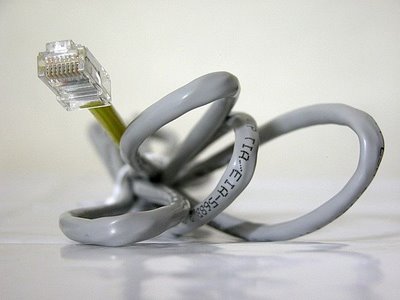






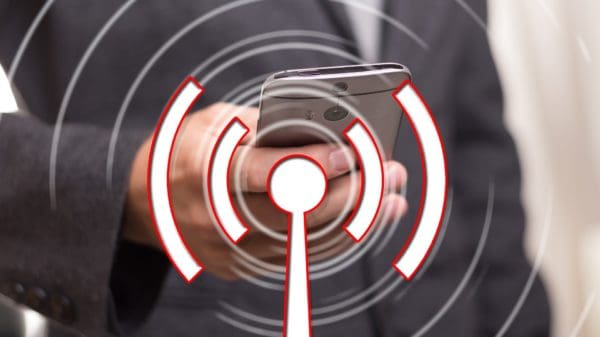
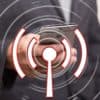
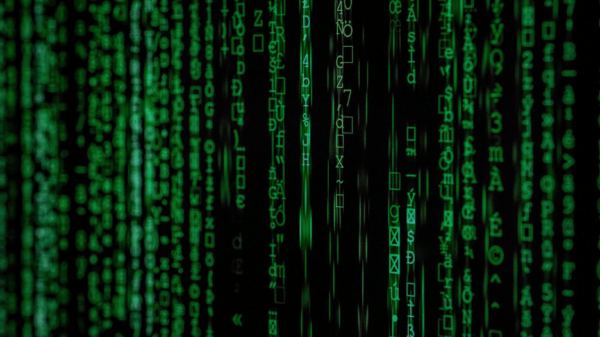
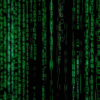


terry
October 21, 2011 at 2:23 pm
Thanks for these nice tips!
Abby
October 22, 2011 at 3:57 am
I only have a basic anti-virus program now. Maybe I’ll bug my techie friend to help me out about internet security.
reeha
October 22, 2011 at 6:22 am
great tips. i loves to read those things which ease our life.
briant
October 22, 2011 at 1:44 pm
Well, you can’t get enough of security at all. This post is so helpful that way. 🙂
Danny
October 22, 2011 at 6:21 pm
It feels like internet is becoming less safe every day.
And internet is getting more integrated into our lifes so the risks become greater.
joe
October 23, 2011 at 4:32 pm
When it comes to security, you can only do so much about it. Thanks for this very helpful post! 🙂
Anita
October 24, 2011 at 10:01 pm
I was shocked to learn that not all firewalls control outbound traffic, too – but only protect against intrusions. It’s like having a burglar in your home and not even knowing it!
Kudos for writing about WiFi security – it will only get more important as its popularity grows.
Sara
October 26, 2011 at 10:46 pm
Would you suggest changing your password for your wireless connection every once in a while to insure it’s security?
Chris
October 29, 2011 at 6:02 am
I totally rely on anti-virus software which I installed to my blog. The good thing with it, it can overall protect me from any viruses and spyware. However, to make it really safe to any laptops that I’m using, I make sure that I only download files from sites that I trusted. In that way, I can avoid any corruptions of files saved in my machine.
Paul Salmon
November 18, 2011 at 1:08 pm
The one thing to keep in mind with regards to strong passwords is length is the most important thing when it comes to creating a strong password. For example, a 16 character, all-lower case password is a lot more secure than an 8 character, uppercase/lowercase/numbers/symbols password simply because it is longer.
Also, I am not a fan of disabling the SSID broadcast. I have had problems with connecting devices to my wireless network when I do this. Disabling your SSID does absolutely nothing when it comes to hackers since the software they use displays both broadcasted, and non-broadcasted wireless networks anyway.
Other than that, these are some good tips you have provided.
Gary
December 24, 2011 at 2:11 am
Anti virus is really essential in making your computer and internet secure from malicious files, viruses and malwares. In my experience, the best free anti virus is Avira and the best paid anti virus is Kaspersky. Avast is also a good anti virus but it would eat too much of your RAM which sometimes makes your PC runs slow.
bilal
December 30, 2011 at 5:25 pm
anti virus tips is good and your post is nice
Rita Dawson
May 3, 2012 at 1:21 pm
Securing our computer and the internet connection is of great importance in this world of cyber crime.